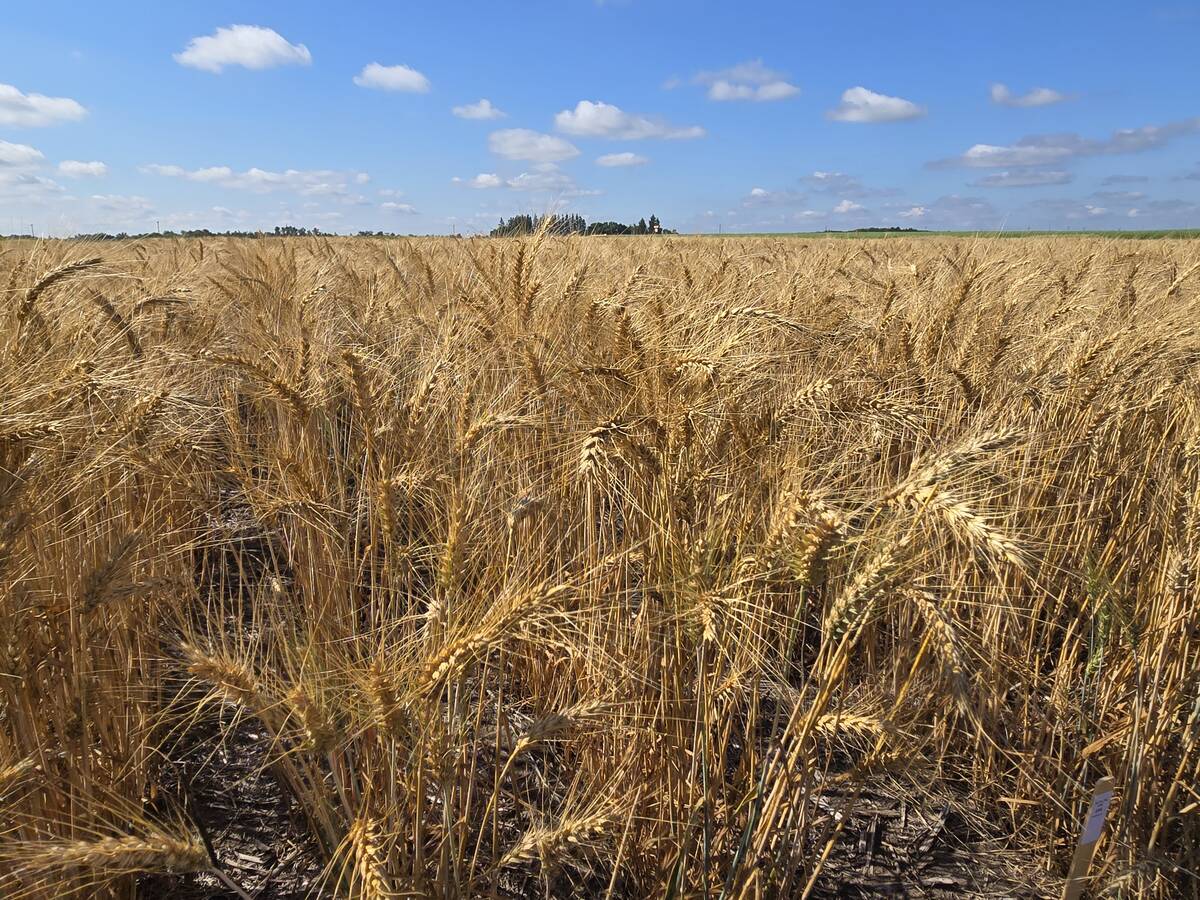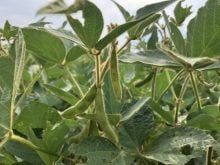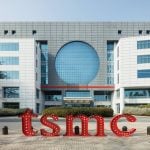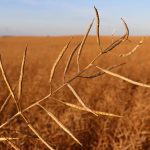Leigh Marquess has had plenty of opportunities to perfect his public relations skills over the past six months.Since last November, Marquess’s Quantum Biosciences in Saskatoon has tested 6,500 to 7,000 samples of flax seed, looking for minute traces of genetic material linked to Triffid, an unapproved genetically modified flax variety that has disrupted trade to the European Union for the last year.For every positive test result that Quantum Biosciences found, there was an angry farmer somewhere, wondering why he paid the price for the unintentional contamination of Canada’s commercial flax supplies.”You can imagine the phone calls I get from angry farmers who wonder why they are bearing the brunt of this problem,” said Marquess, who described the Triffid issue as a clear example of how a GM crop can cause unintentional harm to Canada’s agricultural markets.”The Canadian flax industry has been put in an extremely difficult position, and I think that it’s probably reacted as well as it possibly could have,” he said.”There have been huge costs incurred along the whole way, but at the end of the day, we’re dealing with a political trade barrier. If the Europeans have adopted this (zero tolerance) as a condition of trade, then … ultimately we have to live up to that or face the consequences.”The flax case is one of the drivers behind Bill C-474, a private member’s bill introduced by federal New Democratic Party agriculture critic Alex Atamanenko. It proposes that the registration process for new GM crop varieties include a thorough economic review to assesses their potential to cause market harm.If the legislation is passed, a new GM variety could be denied registration if it has the potential to reduce prices or restrict access to domestic or foreign markets.While the Triffid problem has caused headaches for flax growers and exporters, it has helped Marquess’ company grow.Twelve months ago, Quantum Biosciences worked solely in the area of animal genomics. Testing seed for GM contamination was not on its radar.However, Marquess’s experience in real-time genetic testing was called into action when the EU began routinely examining Canadian flax shipments for Triffid and imposed a tolerance level of 0.01 percent.His lab was the first private facility in Canada authorized to test flax to the minute detection levels demanded by Europe.Flax testing became the main component of Marquess’s business within days of earning that authorization, and within weeks he had expanded the company’s payroll to deal with the backlog of samples.Staffing levels doubled in six months and the company brought in hundreds of thousands of dollars worth of sophisticated new equipment to handle the workload more efficiently.The lab recently started testing mustard seed for GM canola varieties. Testing for alfalfa seed, turf seed and wheat is probably not far behind.”It’s an unfortunate statement and you hate to say that you’ve benefited from other people’s misfortunes, but it certainly has been a robust business … and it looks like it will be a growing business,” Marquess said.
Read Also

Fall rye hits record high in Manitoba
Winter cereals 2025: More Manitoba fields grew fall rye in 2025 than ever before, but winter wheat slipped and, while spring stand survival was good, drought took its toll















